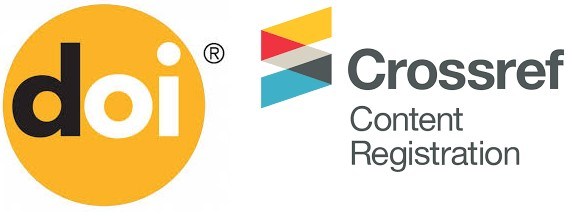Special training in Mathematics Friendly Learning
DOI:
https://doi.org/10.46219/rechiem.v16i1.143Keywords:
Mathematics, Learning, Contextualization, Problem SolvingAbstract
This essay of experience narrates the development of the Special Training Course on Friendly Learning in Mathematics, carried out in collaboration between the Ministry of Education (MINED), the Institute for Human Promotion (INPRHU-Somoto) and the Regional Multidisciplinary Faculty of Estelí (FAREM-Estelí). The course focused on the teaching of operations with fractions and decimals in primary education, addressing topics such as the blackboard plan, writing and contextualization of problems, and the application of solving methods, including the Pólya method. Throughout three meetings held from August 5 to 19, 2023, the exchange of strategies and methods was encouraged, with emphasis on contextualized problem writing. The environment in which the course was held provided the necessary resources for its effective development. The methodology used encouraged the active participation of the 20 participants, who shared their experiences, emotions and knowledge through blogs, learning strategies, didactic and digital games. As a result, an effective leveling among participants was achieved, and products such as interactive games, logs and contextualized problem solving were generated, which evidenced the learning acquired during the mathematics course.
Downloads
References
Araya, P., Giaconi, V., y Martínez, M. V. (2019). Pensamiento matemático creativo en aulas de enseñanza primaria: entornos didácticos que posibilitan su desarrollo. Revista Calidad en la Educación, (50), 319-356. http://dx.doi.org/10.31619/caledu.n50.717
Díaz Lozada, J. A., y Martínez O'Farrill, L. M. (2021). La superación de profesores de matemática: un reto para la educación secundaria básica. Mendive Revista de Educación, 19(1), 86-102. https://mendive.upr.edu.cu/index.php/MendiveUPR/article/view/2071/pdf
Gualdrón, E., Pinzón, L., y Ávila, A. (2020). Las operaciones básicas y el método heurístico de Pólya como pretexto para fortalecer la competencia matemática resolución de problemas. Revista Espacios, 41(48), 106-116. https://doi.org/10.48082/espacios-a20v41n48p08
Herrera-Castrillo, C. J. (2023a). Metodología para el aprendizaje por competencias. Revista Electrónica De Conocimientos, Saberes Y Prácticas, 6(1), 77-90. https://doi.org/10.5377/recsp.v6i1.16513
Herrera-Castrillo, C. J. (2023b). Curso de Formación especial en Aprendizaje amigable de Matemáticas. UNAN-Managua/FAREM-Estelí, MINED-Madriz e INPRHU-Somoto. https://n9.cl/aprendizajedemate
Jarquín Matamoro, R. F. (2023). Plan de Pizarra como metodología activa del aprendizaje significativo y amigable en Matemáticas para la educación secundaria en Nicaragua. Revista Científica De FAREM-Estelí, 12(45), 108-130. https://doi.org/10.5377/farem.v12i45.16040
Leal Aragón, L. (2020). Producción de recursos didácticos para el aula de matemáticas de Secundaria con realidad aumentada. Revista Innovación Educativa, (30), 185-198. https://doi.org/10.15304/ie.30.6905
Medina Oñate, L. A. (2023). Entorno Virtual de Aprendizaje 4.0 para fortalecer las operaciones básicas de Matemática [Tesis de Maestría, Universidad Tecnológica de Israel]. Repositorio Digital Universidad Israel. https://repositorio.uisrael.edu.ec/bitstream/47000/3500/1/UISRAEL-EC-MASTER-EDUC-TIC-378.242-2023-010.pdf
Downloads
Published
How to Cite
Issue
Section
License
Copyright (c) 2024 Chilean Journal of Mathematics Education

This work is licensed under a Creative Commons Attribution 4.0 International License.











